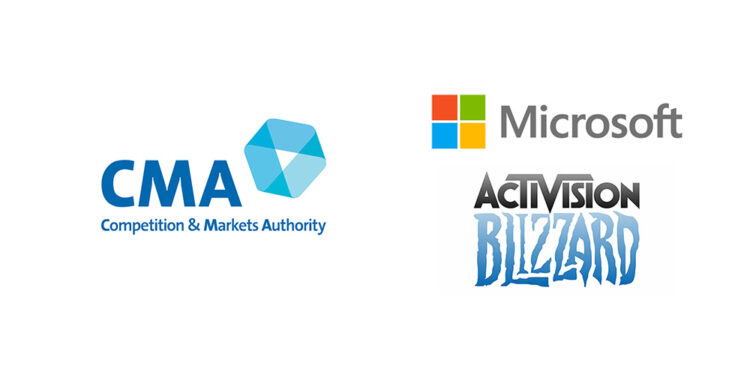Last week the Competition and Markets Authority (CMA)—the UK government watchdog agency that oversees major financial transactions including mergers and acquisitions—rejected Microsoft’s proposed $69B USD acquisition of Activision Blizzard, claiming that it would impact the game streaming markets in the country.
Buried within the CMA’s recent final ruling rejecting the deal is also a prohibition of 10 years on any further attempts by Microsoft to take over the Call of Duty and Overwatch 2 maker. On page 339 of the of the 418-page report, under the section heading “Effectiveness of prohibition,” it notes the following clause:
“This remedy option would involve prohibiting the Parties from completing the Transaction. The Merger between Microsoft and Activision would thus not take place and the current competitive dynamics in the market would not change.
“Prohibition would be effected by accepting undertakings under section 82 of the Act or making an order under section 84 of the Act, prohibiting the Merger and preventing the Parties from attempting to merge for a further period: our normal practice would be to prevent a future merger between the Parties for the next ten years, absent a change of circumstances.”
Both Microsoft and Activision Blizzard have publicly vowed to appeal this decision.
Interestingly enough, the same government agencies (CMA, European Commission in Europe, and the Federal Trade Commission in the U.S.) appear to be out of their depth when it comes to gaming and esports: When the Saudi Government’s Public Investment Fund-based gaming company Savvy Gaming Group bought tournament organizers ESL (based in Europe) and FACEIT (UK) in early 2022, and combined them into what is now ESL FACEIT Group, no one seemed to notice. Further, the FTC certainly didn’t examine the deal earlier this year where U.S.-based esports production company Vindex (which owns Esports Engine) was bought by ESL FACEIT Group for an undisclosed sum (which we assume was—at the minimum—hundreds of millions of dollars). Three government watchdog agencies seemed to have missed the fact that a company with direct financial ties to the Saudi Government had consolidated tournament operations in Europe, North America, and the UK, essentially creating a monopoly that has ties to the biggest esports in the world including League of Legends, Dota 2, Counter-Strike, Call of Duty, and Overwatch among others…
On a related note, Ukraine is the latest country to give its blessing to the acquisition, joining the likes of Japan, Saudi Arabia, Brazil, Serbia, and Chile.
